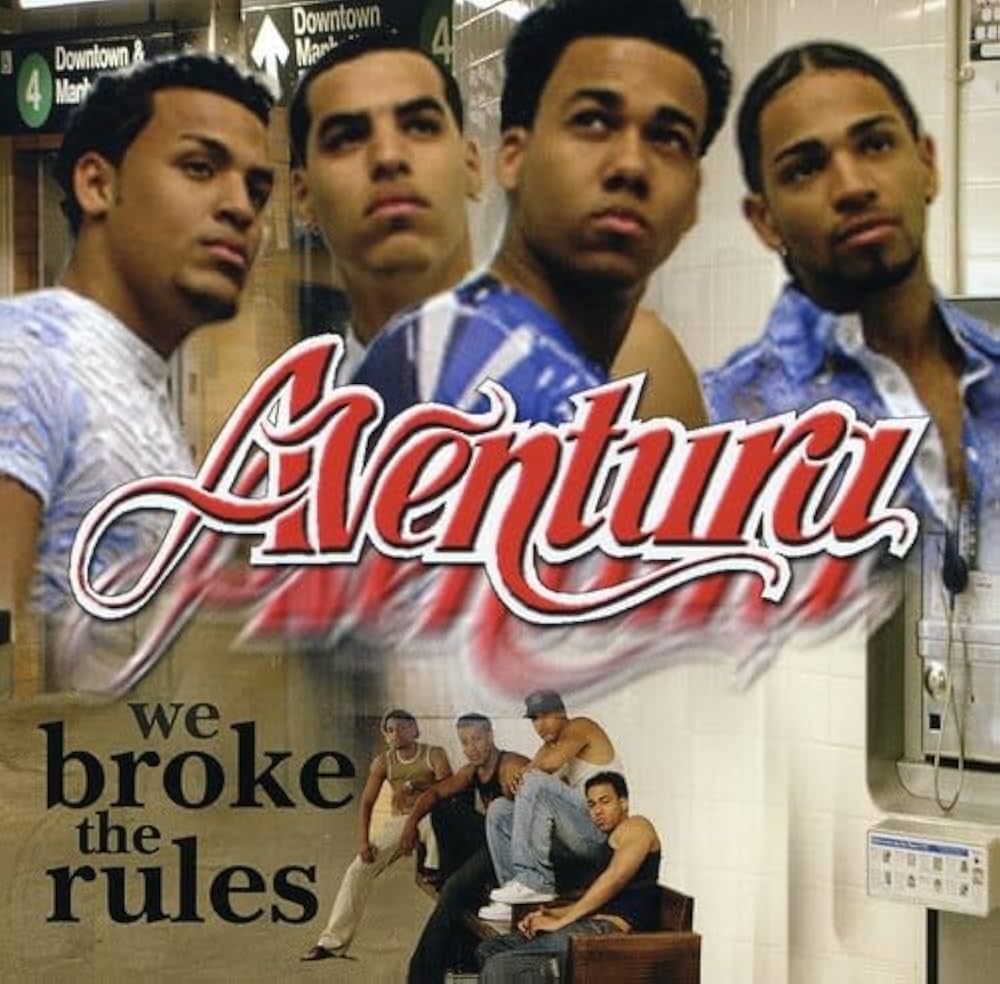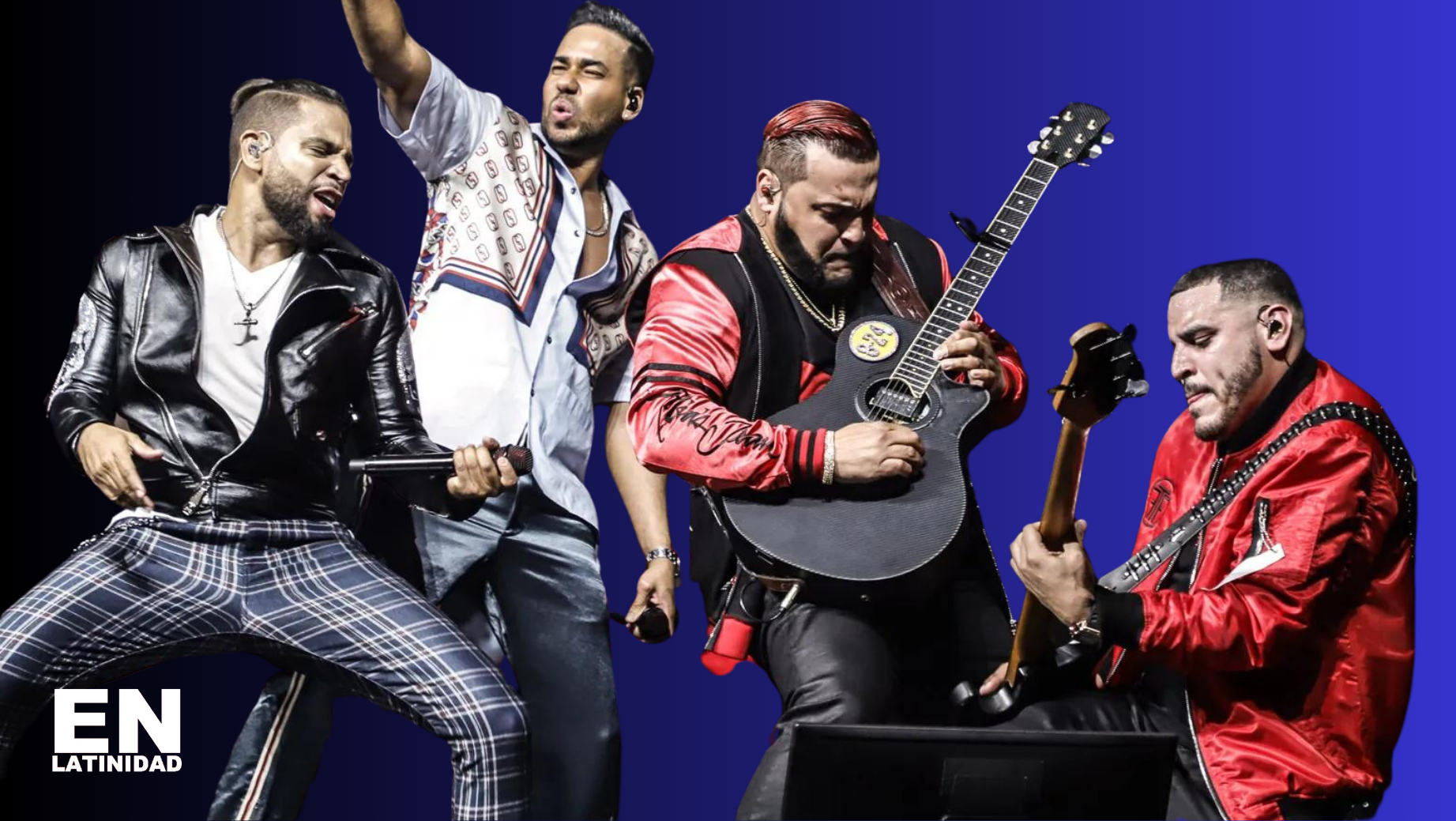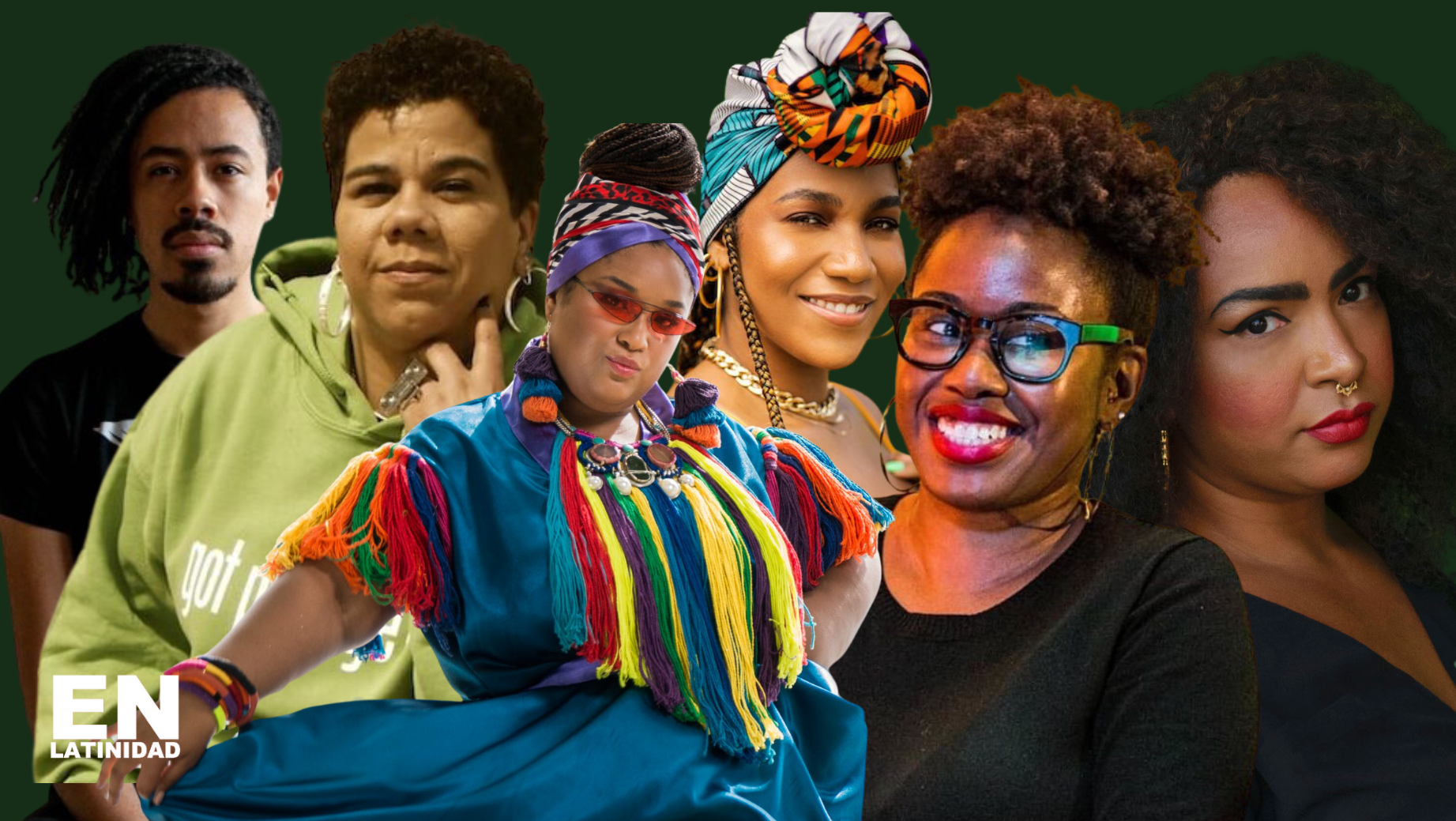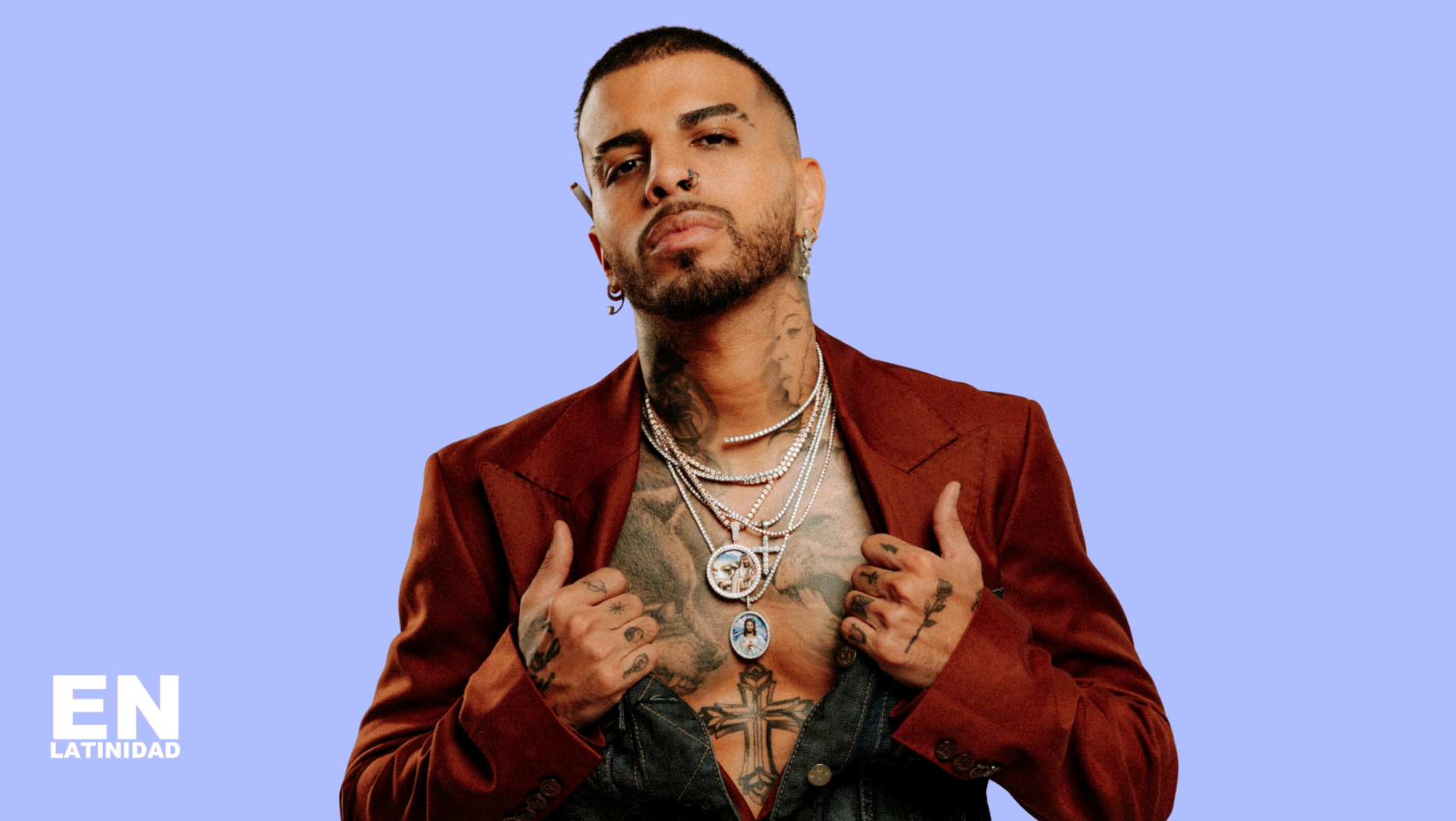From The Bronx to Global Fame: Aventura Is One of America’s Biggest Boy Bands—And They Did It With Bachata
Few boy bands have managed to redefine a genre while also reshaping the sound of Latin music, but Aventura did just that. Born in The Bronx to Dominican-American heritage, the group—composed of Anthony “Romeo” Santos, Lenny Santos, Max “Mikey” Santos, and Henry Santos—carved their names in history not just as artists, but as cultural icons. Their rise is more than a tale of catchy songs and sold-out arenas—it’s a story of how a marginalized genre rooted in the Dominican Republic’s working-class communities became a global phenomenon. Aventura transformed bachata from what many viewed as old-school and folkloric into a cool, modern, and globally embraced sound. Their approach fused traditional Dominican rhythms with R&B melodies, hip-hop swagger, and heartfelt lyricism. Their rebranding from “Los Tinellers” to Aventura was the start of a new chapter for the genre—and for Latin music.
The early years were quiet, but with the release of Generation Next in 1999, they began building their name. By 2002, the album We Broke the Rules included the hit “Obsesión,” which became an international smash and helped thrust bachata into the global mainstream for the first time. Albums like Love & Hate (2003) and God’s Project (2005) solidified their crossover appeal, blending genres and pushing musical boundaries without losing the emotional pull of their Dominican roots. Their 2009 album The Last became their swan song before their first disbandment. From start to finish, they sold millions of albums and built a fanbase that stretched across continents, language barriers, and generations.
Bachata and Merengue, both originating from the Dominican Republic, showcase distinct rhythms and cultural vibes that reflect different facets of Dominican identity. Bachata is known for its slower, romantic, and often melancholic melodies, centered around themes of love, heartbreak, and longing. Its sound is driven by the acoustic guitar’s soulful strumming and a more intimate dance style that emphasizes connection and sensuality between partners. In contrast, Merengue is faster-paced, more upbeat, and dance-focused, featuring lively accordion and brass instruments that create an infectious energy perfect for group celebrations and parties. While Bachata has historically been associated with the rural working class and was once considered less “respectable,” Merengue gained mainstream popularity earlier and is often viewed as the national dance of the Dominican Republic. Together, these genres represent complementary expressions of Dominican culture—one tender and introspective, the other bold and festive—each with its own passionate fan base both on the island and across the diaspora. Aventura has made both of these genres their own.
Live performances have always been one of Aventura’s most powerful tools. Their tours—Love & Hate, God’s Project Tour, K.O.B Live!, Corazoncito World Tour, The Last Tour—drew massive crowds, including back-to-back sold-out nights at Madison Square Garden and other major venues. Their 2016 reunion residency in New York reignited the fan fervor, followed by the Inmortal Tour in 2020–21, which grossed over $50 million. The 2024–25 Cerrando Ciclos tour, one of their most ambitious to date, made history with 111 global shows, 910,000 tickets sold, and $134.7 million in earnings. These weren’t just concerts—they were communal affirmations of cultural pride and love for bachata.
Despite all of their accolades, one glaring omission remains: Aventura has never won a Latin Grammy. Though they received a nomination in 2007 for K.O.B Live!, the Recording Academy never honored them with a win. The oversight is not just insulting—it’s emblematic of a broader failure to validate genres rooted in working-class Black and brown communities within Latin America. Bachata, for many years, was dismissed as lowbrow or unsophisticated by Latin industry elites. Aventura challenged that narrative and proved otherwise. And yet, as award season after award season passed, they were overlooked.
Major labels often favor reggaetón because it’s more affordable to produce—many hits are made using digital beats and software by a single producer in a compact studio setup. Bachata, on the other hand, is deeply tied to live instrumentation, requiring a full band with bongos, güira, multiple guitars, and a bassist, which drives up the cost of recording, touring, and logistics. Putting a bachata artist on the road can be significantly more expensive, with more team members, gear, and coordination needed. From a label’s perspective, promoting a reggaetón solo act is far more cost-effective than investing in a full bachata ensemble. Even though bachata holds deep cultural weight and has a loyal fanbase, the economics of the music industry have often pushed it to the margins.
Frontman Romeo Santos is known as “The King of Bachata,” a title he’s embraced publicly. But royalty comes with responsibility. In a now-iconic live debate in 2018 between Boston’s La Mega hosts Chocolate Radio and La Gata, Chocolate asked, “So just because he’s king he needs to help other artists?” La Gata responded sharply: “He can be the king and will be the king of nothing if bachata dies out as a mainstream genre.” That moment encapsulated a core tension within public debates of how to handle Bachata’s evolution going forward—how to both dominate and preserve a genre, how to lead without leaving your people behind.
Romeo’s solo success is undeniable. He’s collaborated with global stars like Drake, Usher, and Justin Timberlake. But the collective spirit of Aventura—the brotherhood, the chemistry, the grounding in diaspora—is something singular. They were the first bachata group to truly internationalize the genre without needing to compromise the sound. They performed in Spanish. They told Dominican stories. And their fans showed up. From Santo Domingo to Paris, to Lima and Los Angeles, they proved that Latin music didn’t need to be “crossover” to cross over.

Aventura’s impact continues to shape the sound and perception of Latin music. They helped open the door for artists like Prince Royce, Leslie Grace, and others who now work in what some call “Bachata Pop.” Their visual aesthetic, lyrical vulnerability, and rhythmic experimentation all became templates for artists across genres. Their influence even reached urban and reggaetón artists who began borrowing from bachata’s rhythm to expand their sonic palette.
There’s a heavy irony in the fact that one of the most successful Latin groups in American music history remains underrecognized by major institutions. Awards or not, Aventura’s legacy is untouchable. They proved that bachata could be romantic and edgy, traditional and futuristic, local and global. They proved that a boy band from The Bronx could reframe an entire genre. The story of Aventura is not just a music story—it’s an immigration story, a story about second-generation resilience, a story about pride and perseverance.
As they conclude their final tour under the banner Cerrando Ciclos, the words of that 2018 Boston debate still echo. If bachata continues to survive and thrive, it will be because of Aventura’s refusal to let it fade. And though institutions may fail to properly recognize them, fans never have. The world may crown Romeo, but the people crowned Aventura—and that’s the only legacy that matters.





1 Comment